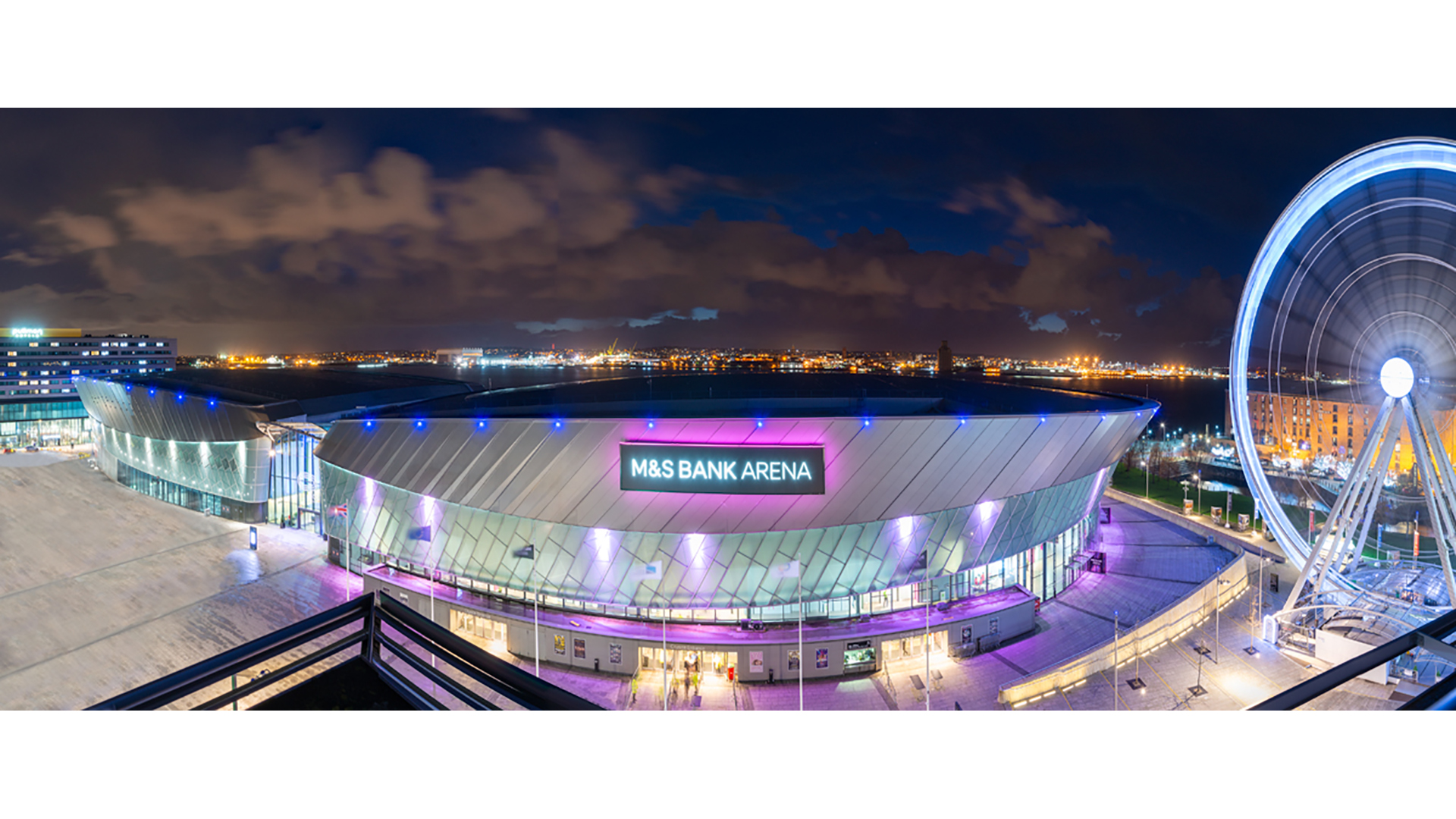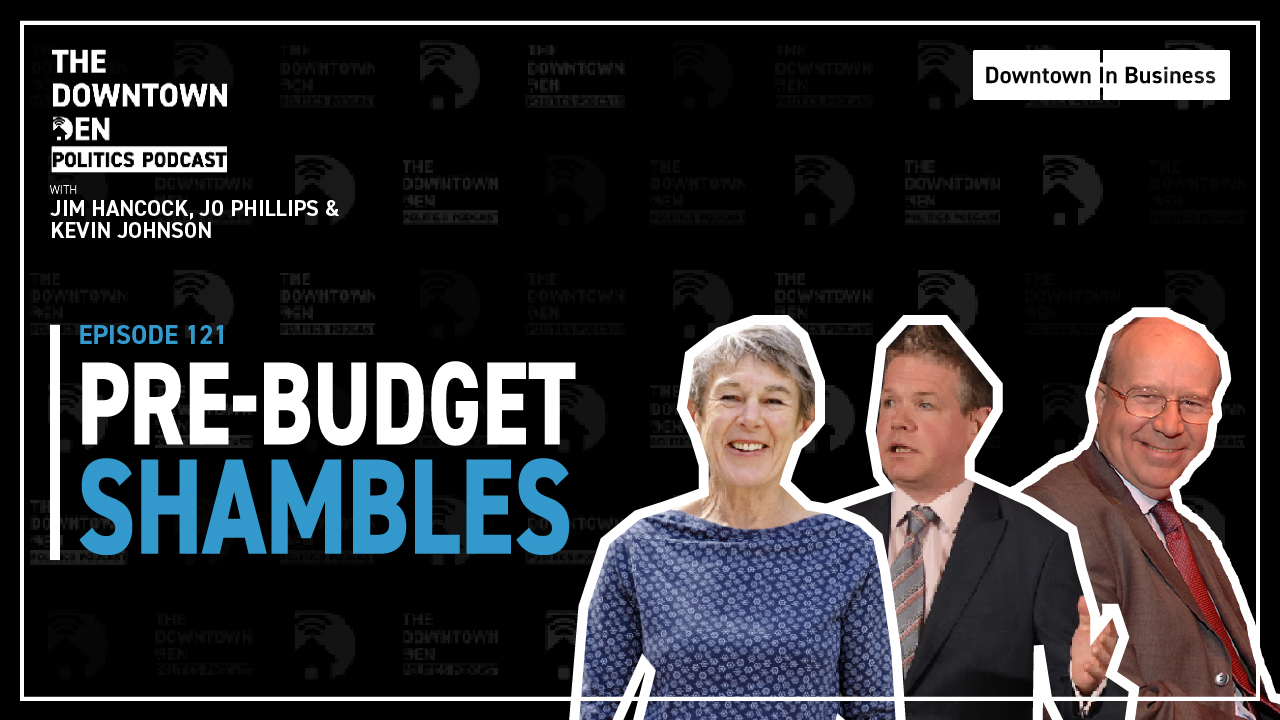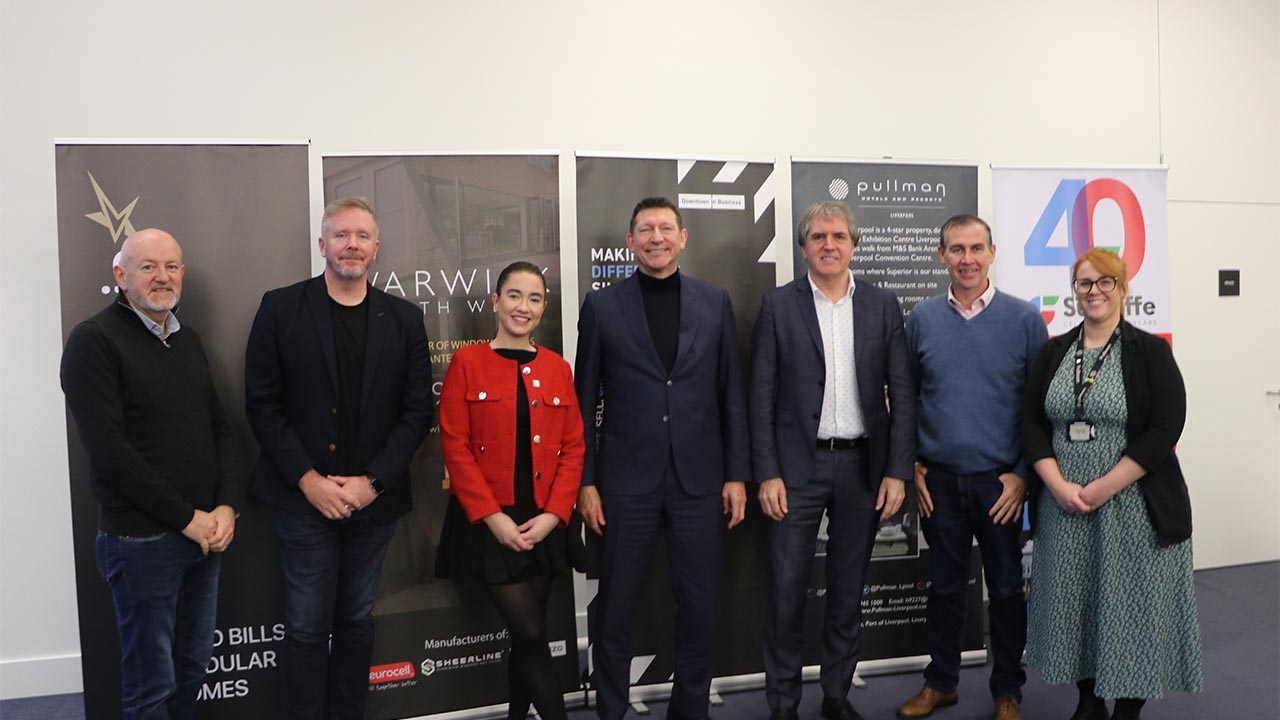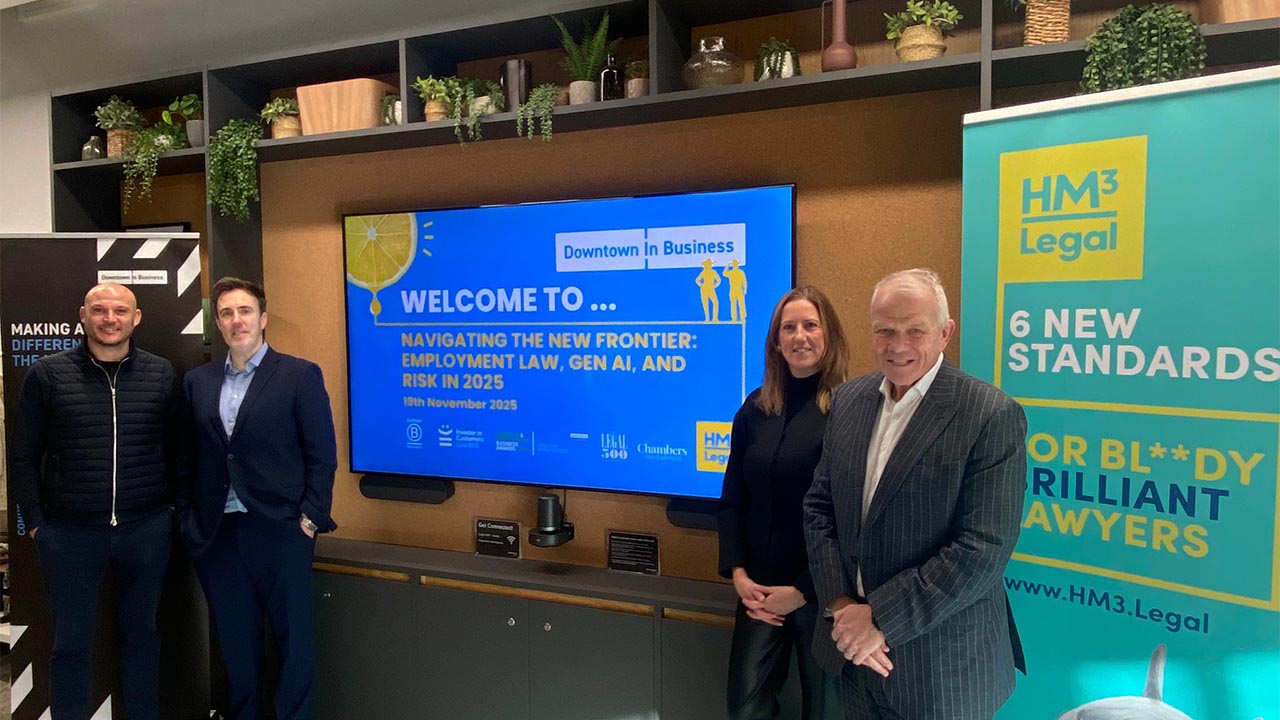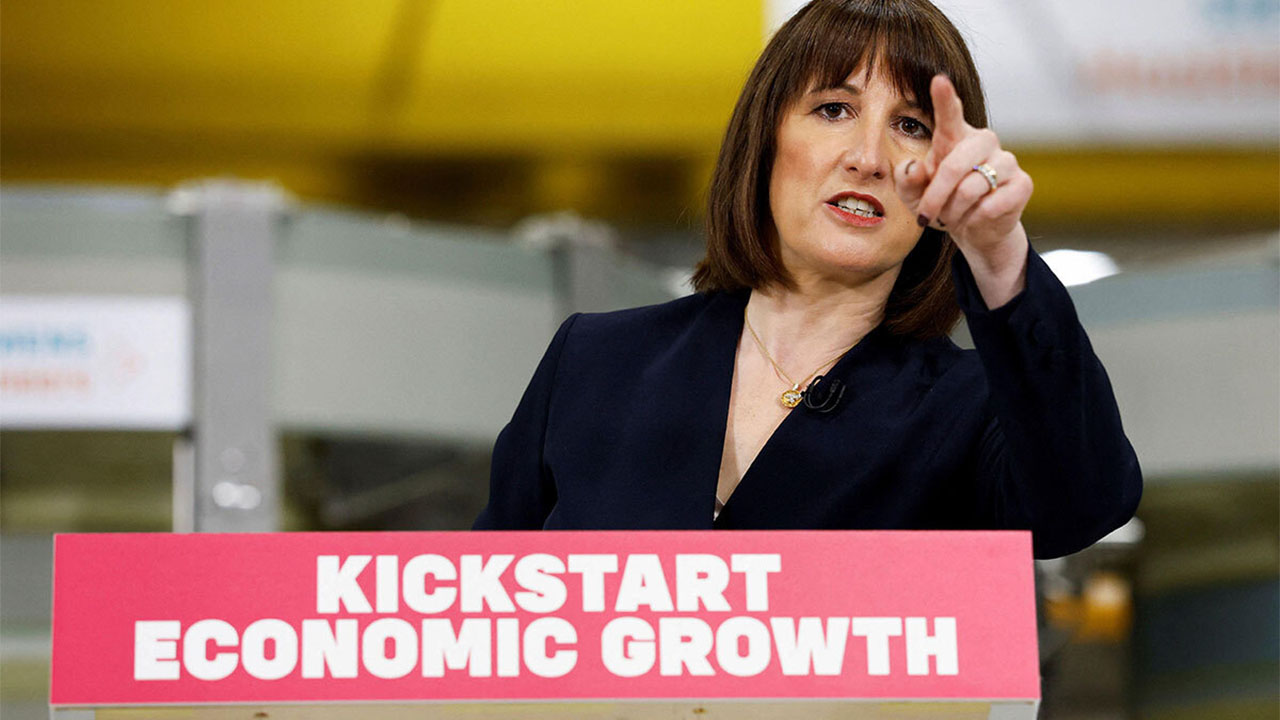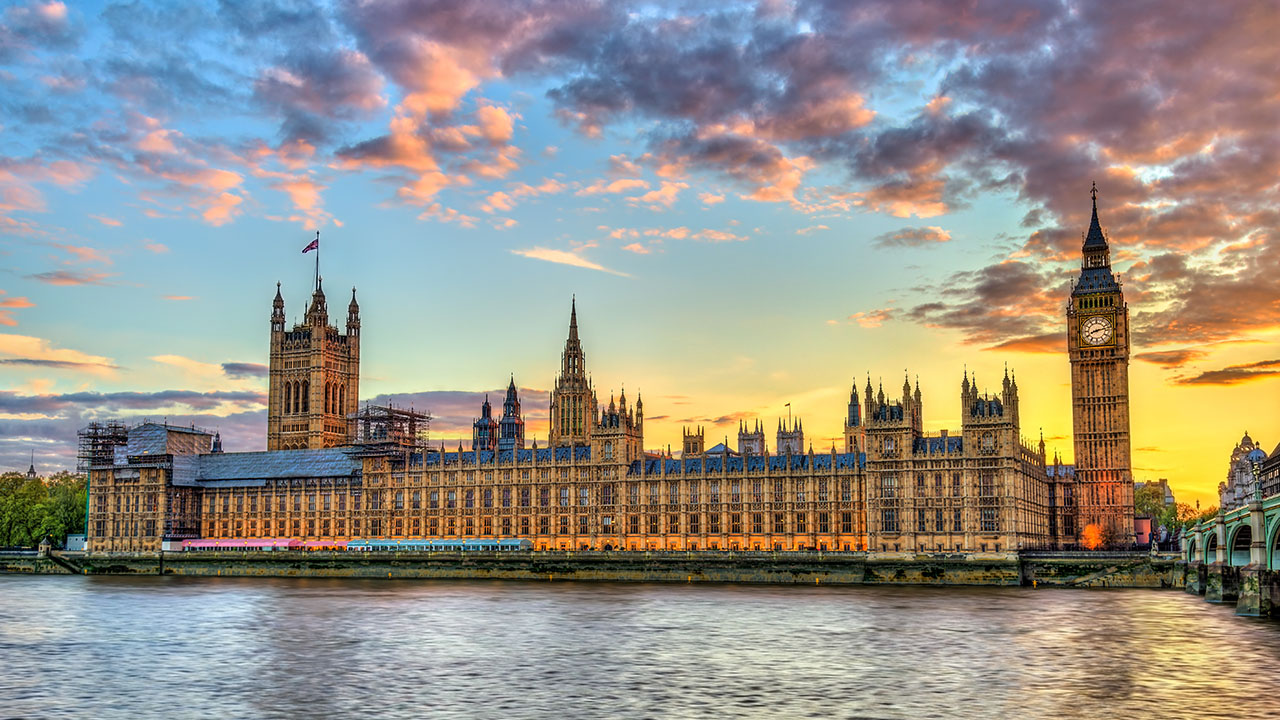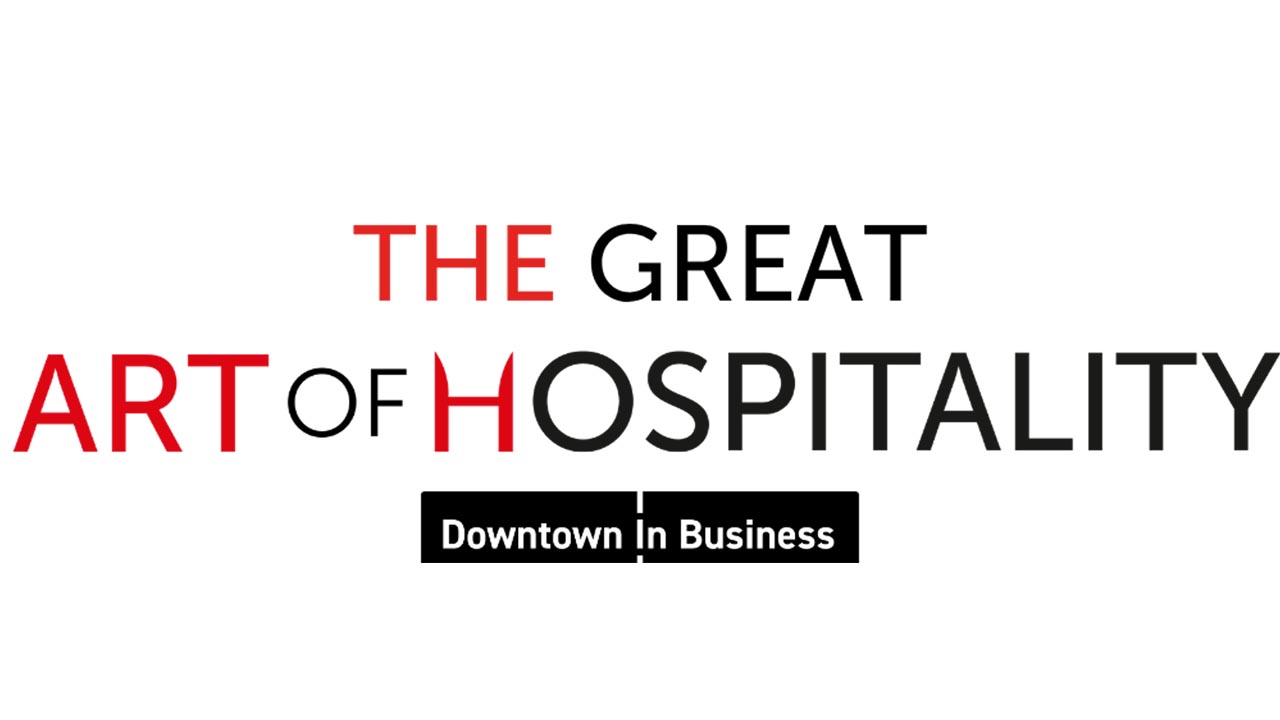The ACC Liverpool Group has been awarded £2.97 million as part of the Government’s £1.57 billion Culture Recovery Fund to help face the challenges of the coronavirus pandemic and to ensure it has a sustainable future, the Culture Secretary Oliver Dowden has announced today.
The ACC Liverpool Group, operator of the M&S Bank Arena Liverpool, is one of 35 major cultural organisations receiving the first grants between £1 and £3 million through the Culture Recovery Fund – with £75 million of investment announced today.
This follows £334 million awarded earlier in the month to nearly 2,000 organisations, also from the Culture Recovery Fund grants programme being administered by Arts Council England. Further rounds of funding in the cultural and heritage sector are due to be announced over the coming weeks.
M&S Bank Arena has played a key part in Liverpool’s regeneration since opening in 2008 and has been integral to the development of the city region’s cultural renaissance ever since, hosting high profile events such as the MTV Europe Music Awards, the Vitality Netball World Cup, BBC Sports Personality of the Year and artists ranging from Beyonce to Sir Paul McCartney.
From the start of national lockdown until the end of October alone, the venue postponed 34 concerts with expected attendance of 200,000; an estimated loss of £18 million in economic impact to the city region.
This vital funding will support on-going operational costs until spring 2021 and fund the purchasing of specialist equipment, to ensure the venue is COVID-secure for all audience sizes.
Socially distanced events including The Classic Rock Show Christmas Party, Rumours of Fleetwood Mac and Jack and the Beanstalk will take place in December. The event programme next year includes Little Mix, Strictly Come Dancing: The Professionals, Dua Lipa and Elton John.
Culture Secretary Oliver Dowden said: “As part of our unprecedented £1.57 billion rescue fund, today we’re saving British cultural icons with large grants of up to £3 million – from Shakespeare’s Globe to the Sheffield Crucible. These places and organisations are irreplaceable parts of our heritage and what make us the cultural superpower we are. This vital funding will secure their future and protect jobs right away.”
Chair, Arts Council England, Sir Nicholas Serota, said: “The Culture Recovery Fund has already helped hundreds of organisations, of all types and sizes, in villages, towns and cities across the country. It has provided a lifeline that will allow these organisations to continue to play an integral role in their communities and produce new artistic work that will entertain and inspire us all.
“This latest funding, which are the largest grants to date, will support some of the country’s most loved and admired cultural spaces – from great regional theatres and museums to historic venues in the capital – which are critical to the development of a new generation of talent and in providing work for freelance creatives.”
Bob Prattey, chief executive of The ACC Liverpool Group, said: “We are extremely grateful for the financial support we have received from the Culture Recovery Fund during this very challenging time. The grant will be used towards the operational costs of the arena until we are able to return to staging full capacity large scale arena shows.
“We continue to stand by our colleagues across the live music industry and support the hard work delivered to date through initiatives such as We Make Events and Let The Music Play.
“While we are very pleased to receive this funding for the arena, we still have no start date from the government as to when we can resume our growing conference and exhibition programme. This situation is severely curtailing our corporate financial performance and ability to generate economic impact for the city region through attracting visitors who stay in hotels and spend across the visitor economy in restaurants and retail outlets. We therefore continue to fight for clarity, guidance and a survival package for these sectors as well.”

